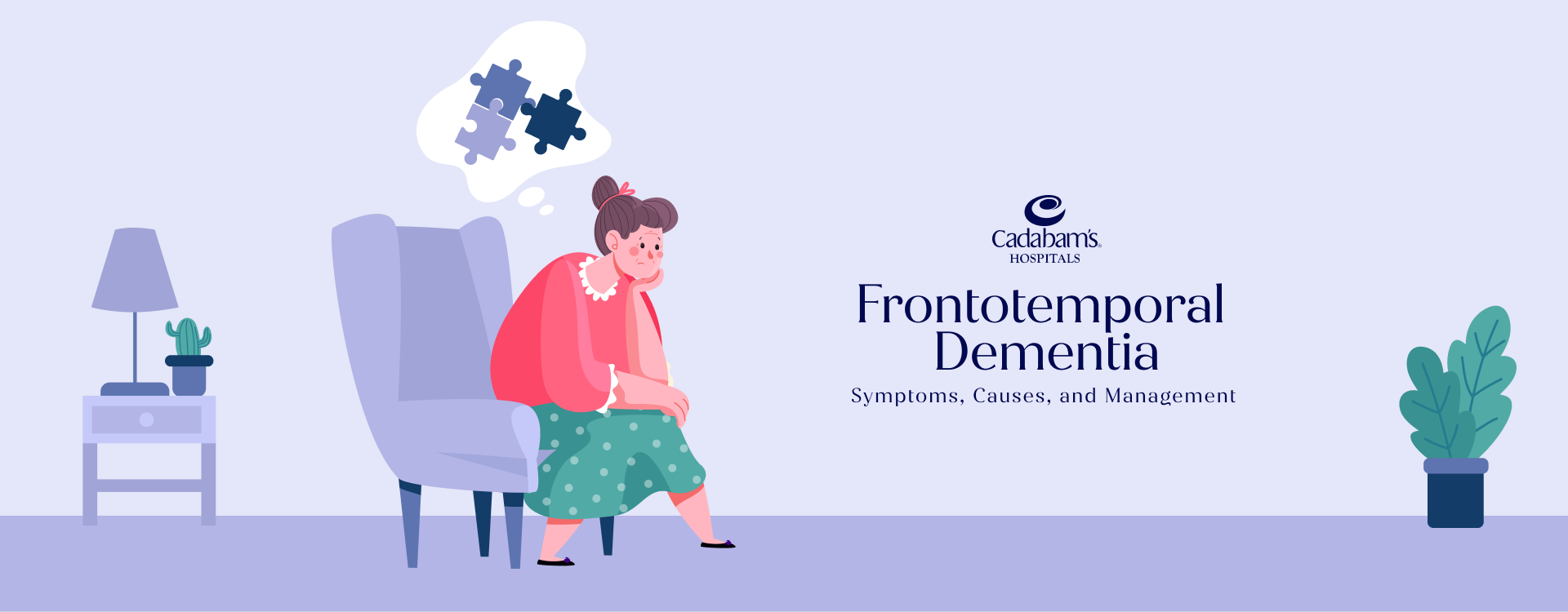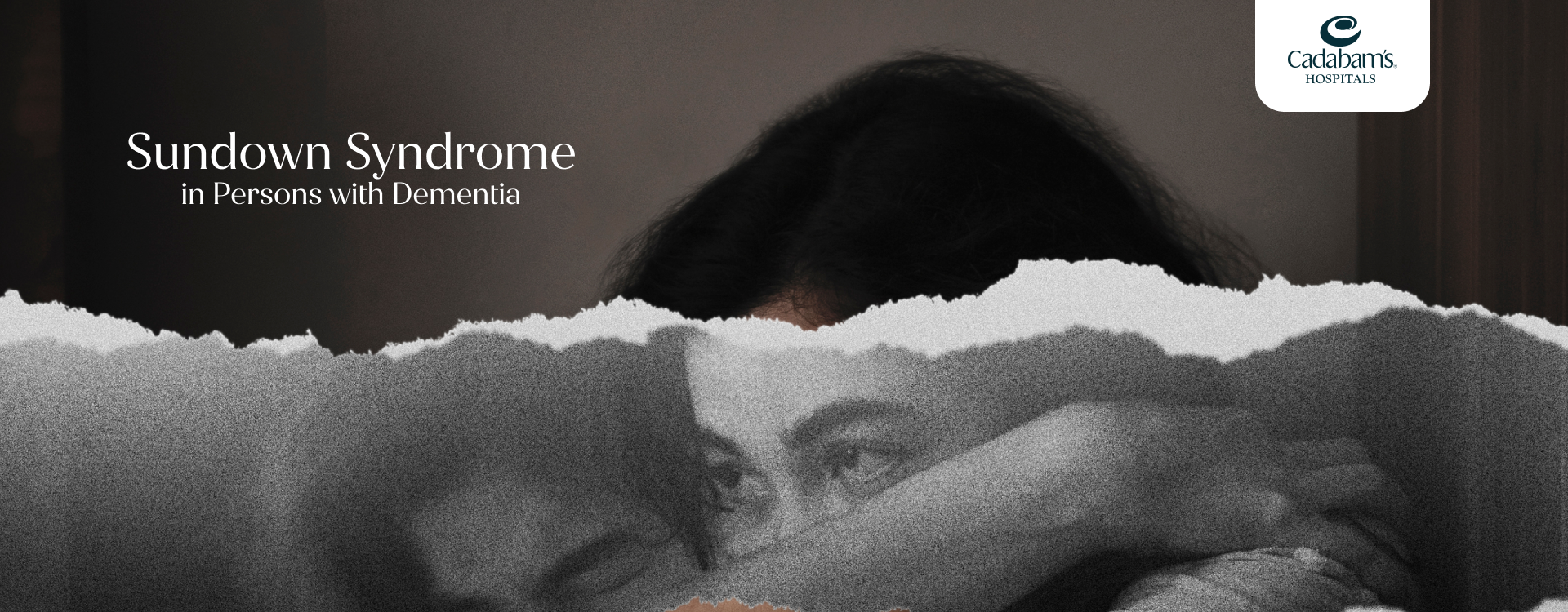Post Rehabilitation Care for Dementia in Hyderabad
Delaying functional decline and maintaining independence are the main aims of rehabilitation care services for dementia. As dementia progresses, the person with dementia requires more and more help with daily tasks due to their increasing impairment, and thus constant monitoring and supervision. Even unstructured routines and many visual distractions can become troubling for people with dementia. Rehabilitation, with its structured routines and constant supervision along with professionals available all round the clock thus serves a useful function tackling these challenges. Since dementia is progressive in nature, rehabilitation is considered the go-to for older people with dementia until the end of life for enhanced quality of life. Families can visit their loved one affected by dementia in the rehabilitation setting. However, if the family decides to opt the person with dementia out of the rehabilitation facility, post rehabilitation care would include them ensuring regular visits with mental health professionals, psychiatrists, and physiotherapists, structuring the home environment in a way that facilitates ease for the person with dementia, and constant supervision to avoid falls and other hurts of the person with dementia. Visiting professionals would have to be consistent and done on an outpatient basis. We offer post rehabilitation care for Dementia in Hyderabad. We have well-experienced and qualified psychiatrists, clinical psychologists, counsellors, family therapists, physiotherapists and nurses to assist your loved one with the best available facilities for dementia care.
28+ Years Professional Experience
This process can be helpful in overcoming all sorts of substance addictions — the quickest way to find out how is to book an appointment or ask your questions.
4.5 564 Google reviews
Cadabam's Hospitals
No.280, 15th Cross,5th Phase,
JP Nagar,Bangalore-560 078,India
Cadabam's Hospitals
90,Padmashree Gardens,Gowlidoddi,
Gachibowli,Hyderabad,
Telangana 500075, India
Get In Touch!
At Cadabam's, we've always got your back.
What People Say

Very happy with the facilities provided here. We are extremely grateful to Dr Vishal for his treatment and guidance. I liked the fact that he is very mindful of side-effects while prescribing medicines. Very good doctor and a very good hospital. Highly recommend.
Nithin Gopinath

Though we landed at wee hours of the night, doctors attended in time and we received professional treatment by all including hospital staff.

Excellent hospital and excellent doctors. They listen to you very patiently, do a thorough ore check before starting the treatment which inspires a lot of confidence. Dr. Madhukar is one of the best doctors I’ve met so far.
Narasimha Prasad

Very good cleanliness, disciplined, well behaved, good patience while handeling patient & their relations, good service overall excellent environment.

A good hospital for any kind of psychiatric problems. Very good and courteous staffs and well known doctors.
Anant Modi

Coordinated well I am very satisfied, very good, spent quality time with doctors & further treatment.

I visit Cadabam along with my wife to consult Dr. V. Khasi. We found the Staff very professional and polite with patients. We recommend Cadabam for anyone who requests us for the services available at Cadabam.
Sudarsan Barakman

I visit Cadabam along with my wife to consult Dr. V. Khasi. We found the Staff very professional and polite with patients. We recommend Cadabam for anyone who requests us for the services available at Cadabam.

Coordinated well I am very satisfied, very good, spent quality time with doctors & further treatment.

A good hospital for any kind of psychiatric problems. Very good and courteous staffs and well known doctors.
Anant Modi

Very good cleanliness, disciplined, well behaved, good patience while handeling patient & their relations, good service overall excellent environment.

Excellent hospital and excellent doctors. They listen to you very patiently, do a thorough ore check before starting the treatment which inspires a lot of confidence. Dr. Madhukar is one of the best doctors I’ve met so far.
Narasimha Prasad

Though we landed at wee hours of the night, doctors attended in time and we received professional treatment by all including hospital staff.

Very happy with the facilities provided here. We are extremely grateful to Dr Vishal for his treatment and guidance. I liked the fact that he is very mindful of side-effects while prescribing medicines. Very good doctor and a very good hospital. Highly recommend.
 Available
Available


















